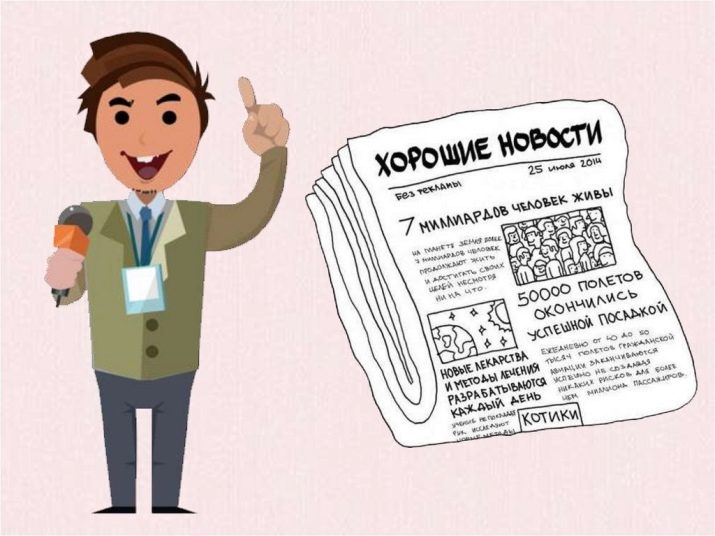Correspondent: description and responsibilities of a reporter
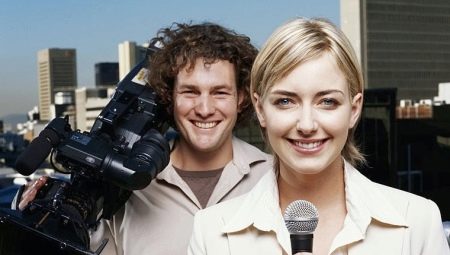
A description of the profession of a correspondent and the main responsibilities of a reporter is very useful for those interested in such a specialization. It is important to find out in advance what the correspondent is doing and how much is being paid. Other relevant points are how to become one without education, what subjects you need to take, etc.
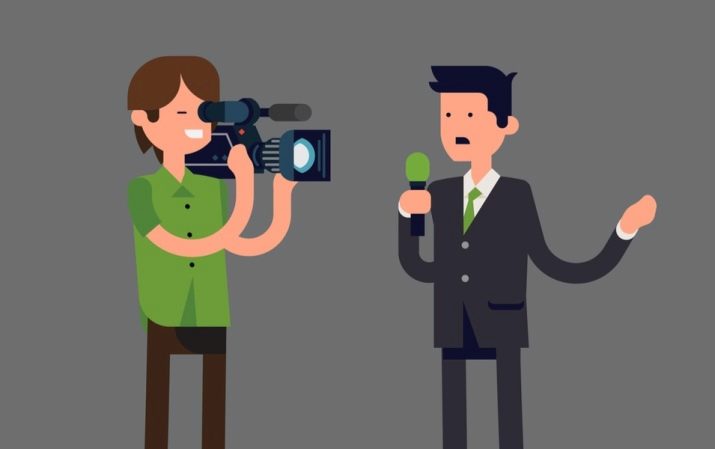
Characteristics of the profession
Correspondent (reporter) is a person who prepares information blocks for various media. He will have to deal not only with simple "informational inclusions", but also with author's programs. You can master such a profession in various educational institutions or in your own practice. Correspondents, like other journalists, appeared in the 17th and 18th centuries, when large newspapers and magazines with significant circulation appeared. As technology evolved, so did journalistic practice.
It is customary to divide correspondents into regular and non-staff staff. The first type constantly cooperates with only one media outlet or editorial group. The second one independently chooses with whom to interact.
One way or another, they all work in an irregular mode almost always. Business trips are also quite frequent.
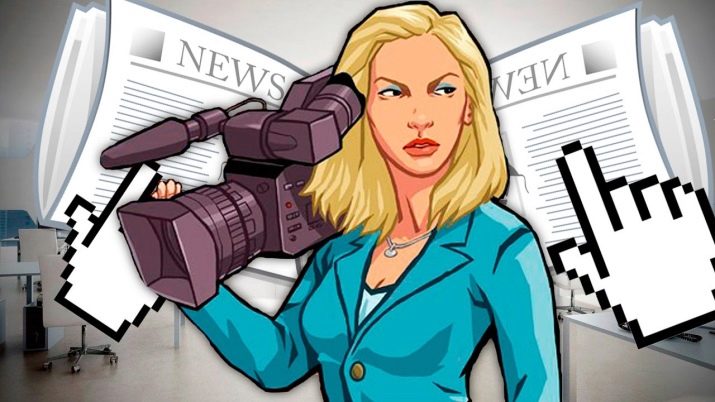
What are they?
The authors of articles for the media are divided into many varieties. Even court reporters vary widely in their specialization. Some write more about economic and arbitration disputes, others - about criminal proceedings. In the courtroom, many restrictions have to be observed, and communication with the participants in the process is strictly regulated.
You will also have to master the skills of shorthand.
Closely related to judicial specialization and crime report... This kind of activity is sometimes very dangerous.
And you can also conduct reports on:
- sports;
- medicine;
- secular scandals;
- politics;
- cultural issues;
- economy;
- automotive engineering;
- household appliances;
- energy;
- agriculture.

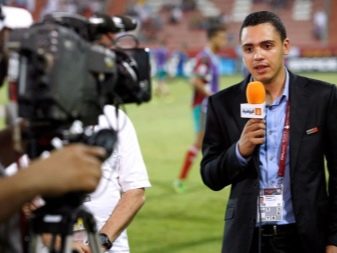
Correspondents are also divided into:
- preparing materials for print media;
- cooperating with the online press;
- working on the radio;
- leading TV broadcasts.


Professional responsibilities
The main job of a reporter is to prepare reports.
By definition, they cannot have clear deadlines.
Media directors can be appointed to this position. The editor-in-chief makes a presentation to them. According to a typical job description, the correspondent is obliged to understand:
- media legislation;
- rules for preparing materials;
- features of information work;
- intricacies of editing;
- interview techniques;
- journalistic ethics;
- rules for the use of voice recorders, cameras, other equipment.
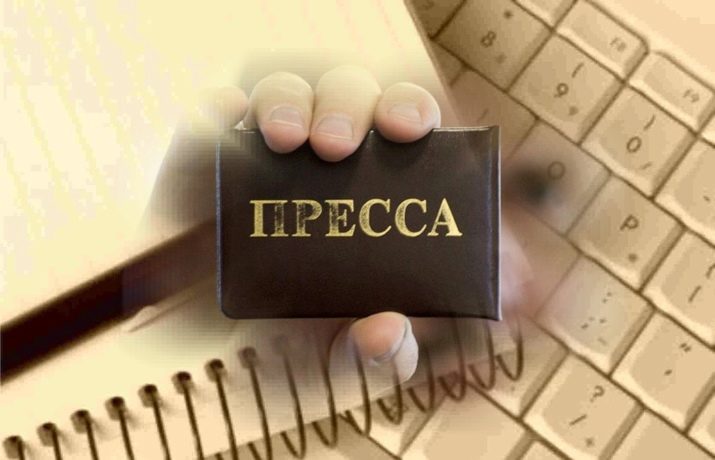
When working, a journalist is guided by the legislation of Russia (as well as other countries where he has to collect information). For full-time specialists, the norms of the organization's routine and other regulations, direct orders of the management are important. Regardless of the field of journalistic work, the correspondent does approximately the same types of work. Its most important function is to report operational information and other materials to the editorial office, as well as to prepare its publications.
He is obliged, having received the editorial assignment, to establish contact with:
- civil servants;
- entrepreneurs;
- other journalists;
- members of the public;
- local government;
- celebrities and their entourage;
- opinion leaders;
- politicians, trade union leaders.
A good journalist travels to the scene in person, if necessary accompanied by a team of assistants. If required, he is obliged to obtain accreditation himself in accordance with the established procedure.
Interviewing is also a whole art. It goes through a pre-prepared list of questions, the preparation of which is not so easy to master. After interviewing and collecting other materials, evidence and official comments, it is imperative to process all this, draw your own conclusions and assumptions.
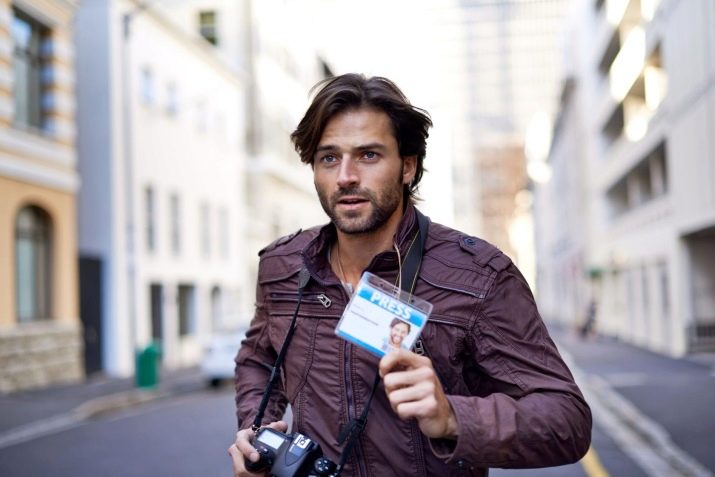
The correspondent makes notes on his own - in notebooks or using audio and video equipment.
At the same time, both during the analysis of records and during the final processing of materials, you will have to personally verify the reliability of the information collected.
Correspondents also help editors develop relevant and forward-looking work plans. They have the right to make suggestions, what topics to cover, to independently search for new topics. Journalists are also responsible for the credibility of:
- numbers;
- titles;
- names;
- dates and other facts.
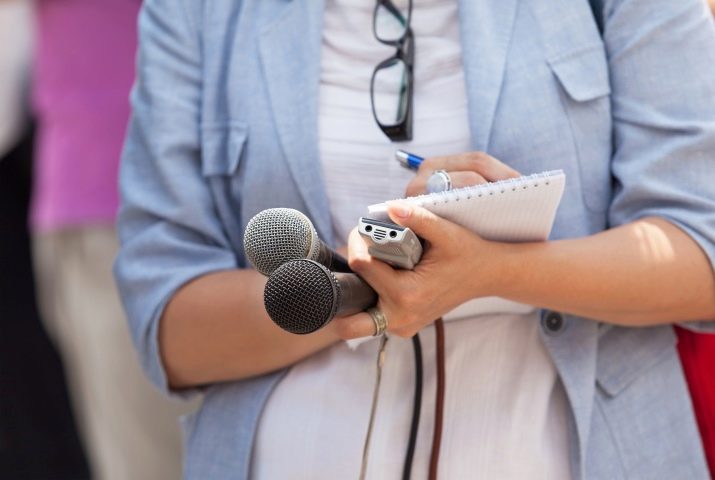
The professional standard for media correspondents has been in effect since 2014. According to him, their duties:
- collect, prepare and provide relevant information through the media;
- follow the news feeds;
- schedule interviews and reports, articles and notes;
- collect data that is necessary for a specific material;
- to form material at a level that allows it to be easily edited, and ideally, immediately send it to print, transfer it to the broadcasting service;
- coordinate the subject matter of materials with editors;
- deeply study your topic or several topics, related information;
- formulate the main storyline of the planned materials;
- prepare reasonable schedules for each assignment and agree on them;
- master the principles of effective communication;
- analyze large information arrays;
- take photos and videos of events, backgrounds, individuals;
- organize the actions of the film crew;
- work in the frame and in front of the microphone;
- organize the work of other members of the reporting or film crew.

Education
In the 21st century, many established ideas have changed significantly. Quite a few people have managed to become correspondents even without education. In this case, the following will be useful:
- copywriting or other text skills;
- solid stubbornness that allows you to break through barriers;
- deep knowledge of one topic, maximum of two (it will be almost impossible to study more topics professionally).
But still, there are much more chances of getting a job if you get a specialized education. In this case, it is worth figuring out which items you need to take. Admission to the Faculty of Journalism usually means exams in:
- Russian language;
- literature;
- English (in other universities - social studies).
Do not think that you can only enter the Faculty of Journalism.
While a specialized education is useful, a large number of prominent journalists were not originally trained in the field. There are many among them:
- linguists;
- philologists;
- philosophers;
- engineers and technicians.
The best specialized training is conducted in:
- Moscow State University;
- National Research University Higher School of Economics;
- MGIMO;
- Plekhanov Russian University of Economics;
- Russian State University for the Humanities;
- SPbSU;
- UrFU;
- Southern Federal University.
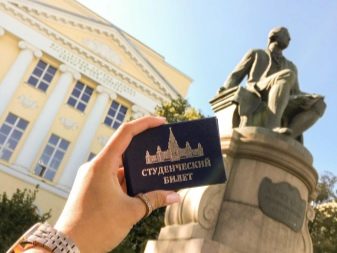
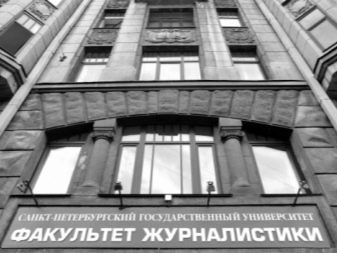
Place of work
A correspondent can find a job:
- on TV;
- in the newspaper;
- In the magazine;
- in the online edition;
- at the radio station;
- in an advertising agency;
- in a publishing house;
- in the press service;
- as a press secretary.
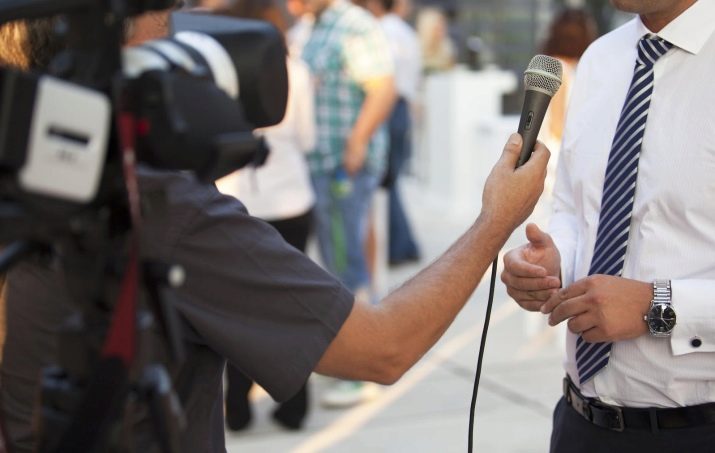
How much does he earn?
The salary of an ordinary correspondent varies from 35,000 to 60,000 rubles. Gradually reaching the position of editor-in-chief, it will be possible to receive at least 80,000 rubles. The demand for journalists is relatively low. But we must also take into account that the journalists working on the road are paid mainly by piecework. The rate depends on the location of the events, the urgency and importance of the information; in some cases they pay extra for the risk.
On average in cities, the minimum rates are as follows:
- in Moscow - 37,500;
- in Kazan - 40,000;
- in Khabarovsk - 42,000;
- in Vladivostok - 43,000;
- in Voronezh - 33,000;
- in St. Petersburg - 30,000 rubles.
